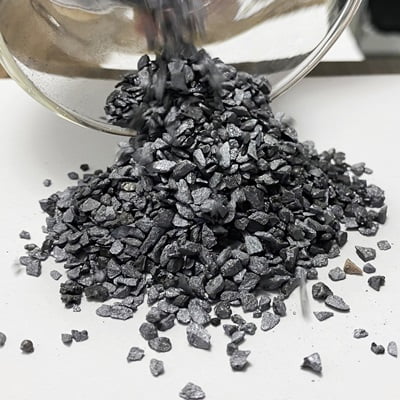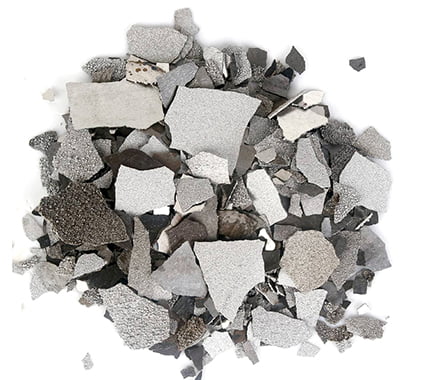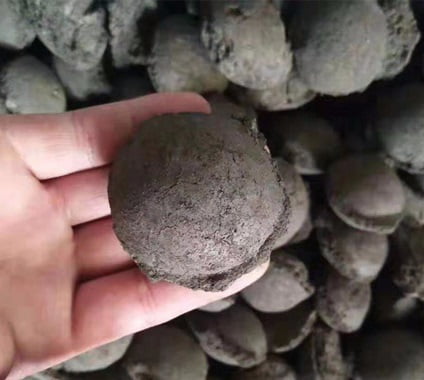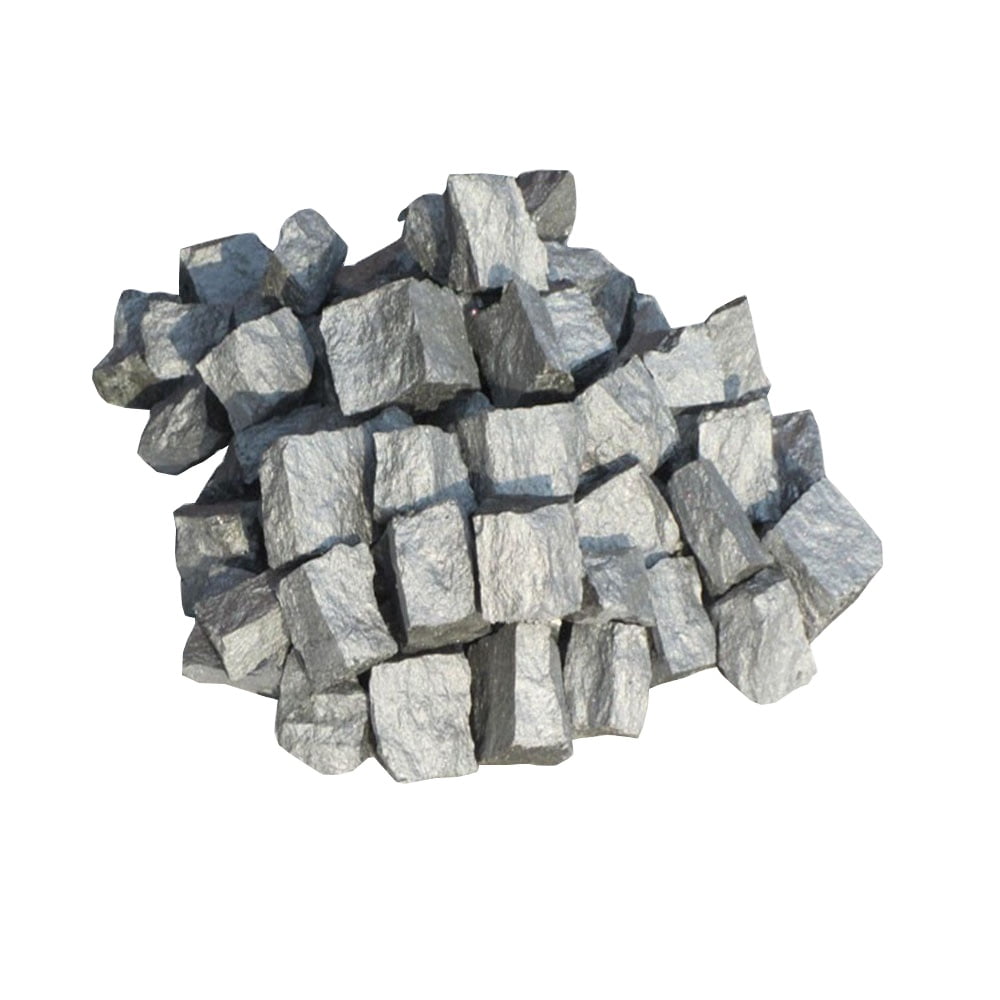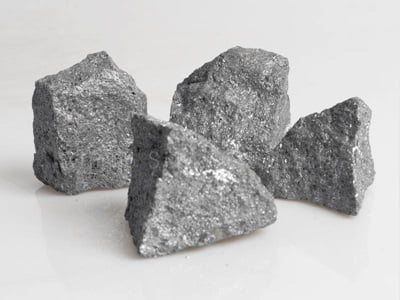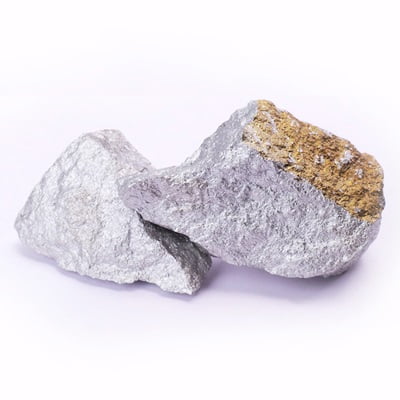Several materials can act as grain refiners in steelmaking and casting processes. These materials are typically added to the molten metal to promote the formation of fine grains during solidification. Here are some common grain refiners used in steelmaking and casting:Aluminum: Aluminum is widely used as a grain refiner in steelmaking and casting processes. It has a strong affinity for oxygen, and when added to the molten metal, it forms aluminum oxide (Al2O3) particles that act as nucleation sites for grain growth. Aluminum also helps to control the formation of coarse grains and improve the mechanical properties of the final product.Titanium: Titanium and its alloys are effective grain refiners due to their ability to form stable oxide particles. Titanium combines with oxygen to create titanium oxide (TiO2) particles, which promote the nucleation of fine grains during solidification. The presence of titanium refines the microstructure of the steel or castings, resulting in improved strength and toughness.Zirconium: Zirconium is another material commonly used as a grain refiner in steelmaking and casting. Similar to titanium, zirconium forms oxide particles (zirconium oxide, ZrO2) that act as nucleation sites for grain refinement. Zirconium helps to reduce the grain size and improve the mechanical properties of the final product.Boron: Boron is utilized as a grain refiner in certain steelmaking processes. It has a strong affinity for nitrogen and forms boron nitride (BN) particles, which promote the nucleation of fine grains. Boron is particularly effective in controlling grain growth in low-carbon steels, resulting in improved toughness and ductility.Rare Earth Elements (e.g., Cerium, Lanthanum): Rare earth elements, such as cerium and lanthanum, have been employed as grain refiners in steelmaking. These elements have a high affinity for oxygen and form stable oxide particles, which act as nucleation sites for fine grain formation. Rare earth elements help refine the microstructure of the steel, enhancing its mechanical properties.Silicon: Although silicon is primarily known for its deoxidizing properties, it can also act as a grain refiner in certain applications. Silicon promotes the formation of fine grains by aiding nucleation during solidification. It is often used as a grain refiner in cast iron production, where it helps improve the strength and wear resistance of the material.
When silicon is added to the molten metal, it plays a multifaceted role in promoting grain refinement. Firstly, silicon acts as a powerful nucleating agent, providing favorable sites for the formation of fine grains during solidification. The presence of silicon initiates the creation of numerous nucleation sites, which leads to the development of a refined microstructure in the final product.Furthermore, silicon’s affinity for oxygen is instrumental in deoxidizing the molten metal. By removing oxygen, silicon prevents the formation of undesirable oxides, which can adversely affect the grain structure. The deoxidizing properties of silicon contribute to the formation of clean, homogeneous grains, thereby enhancing the mechanical properties of the steel or casting.Silicon’s impact on grain refinement is particularly significant in cast iron production. Cast iron, known for its high carbon content, requires careful attention to achieve an optimal grain structure. Silicon, when added to molten cast iron, aids in the formation of a fine and uniform graphite structure, which improves the mechanical strength and wear resistance of the material.Moreover, silicon’s role in controlling the solidification process is crucial for achieving a desirable grain structure. It promotes directional solidification, ensuring a controlled cooling rate that leads to the formation of fine grains. By facilitating controlled solidification, silicon helps prevent the growth of coarse grains, which can compromise the mechanical properties of the final product.In the realm of steelmaking and casting, the quest for superior grain structure is a vital endeavor. Silicon, with its remarkable properties and multifaceted functions, plays a pivotal role in achieving this goal. As a primary grain refiner, silicon acts as a nucleating agent, deoxidizer, and promoter of controlled solidification. Its ability to refine grain structure enhances the mechanical properties, strength, and durability of steel and castings.

